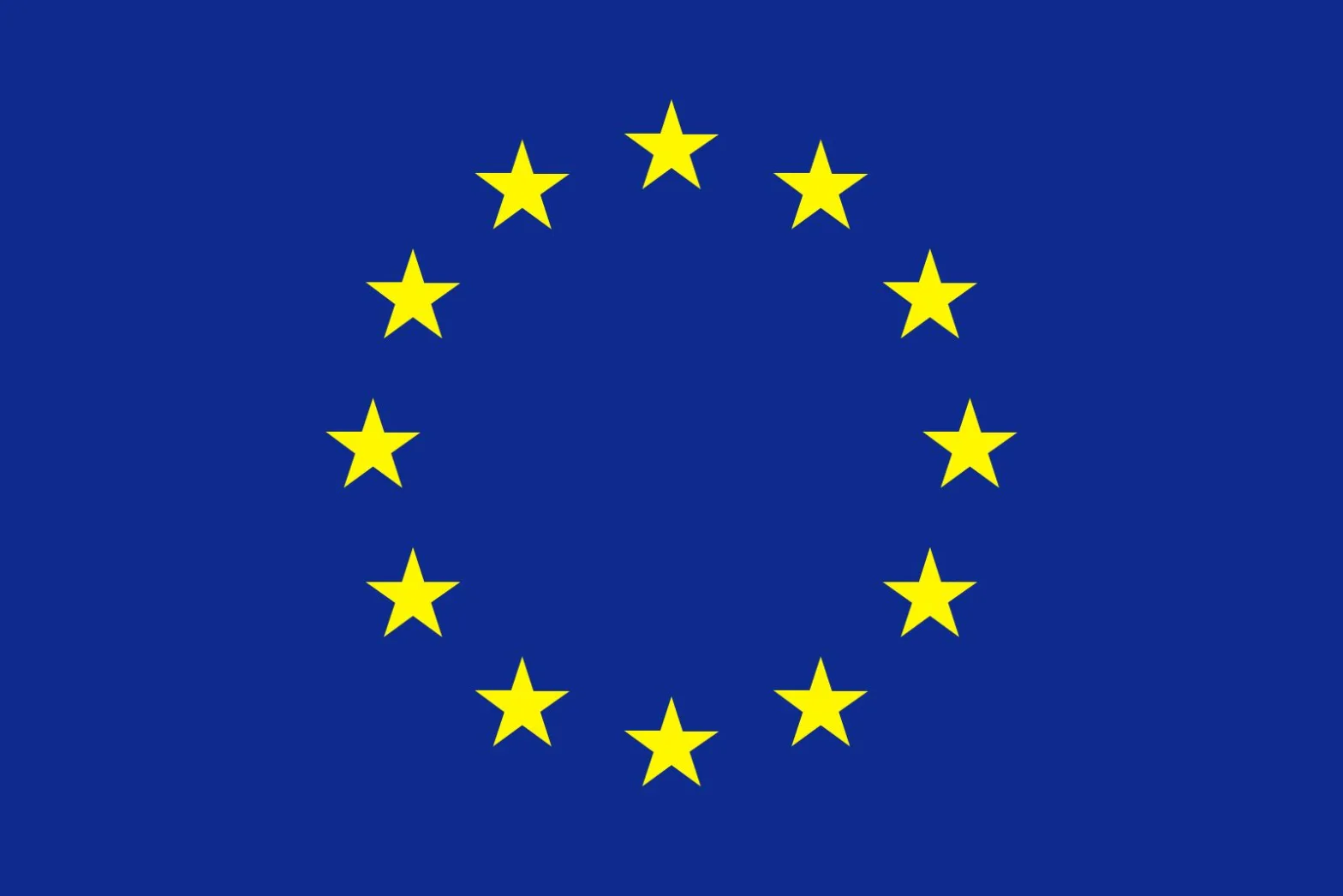In a first, the European Union finally passed the landmark AI Act to put safeguards in place against the misuse of general-purpose AI.
The first reasonably strong piece of AI legislation is here. The EU passed a landmark law, the Artificial Intelligence Act, that limits biometric identification systems, bans social scoring, illegalizes manipulation and exploitation of user vulnerabilities and aims to protect the rights of consumers to launch complaints.
The regulation has been in the works since December 2023. On March 13, 523 out of 618 members cast their votes in favor of the regulation. The idea is to protect and democratize the process of rolling out new AI tools to the masses inside the European Union countries. The law also tries to put certain checks in place given the risks of AI that everyone’s talking about.
A lot of AI applications have been altogether banned — including most notably those that can potentially threaten citizen rights such as biometric categorization systems (using CCTV footage to train a facial recognition AI, for example). AI systems considered to carry higher risk (AI embedded in an education system, for example, compared to something like ChatGPT’s free version) have clear obligations. The companies behind these systems must develop their models and tools with transparency, accuracy, proper logging, and risk mapping in mind.
Overall, the new law makes AI development more transparent, responsible, and accountable. The companies now need to think twice about the potential risks before they roll out a new app into the market. The EU has been quite proactive in protecting consumer rights, including in such cases as social media use, app store monopoly, telecommunications, and so on. Surprisingly, its laws are pretty effective given how it covers a bunch of different countries, whereas no single country even comes close to this level of consumer rights and protections within its own boundaries.
It remains to be seen how this will shape the development of European AI tools. You can also read the official press release.

